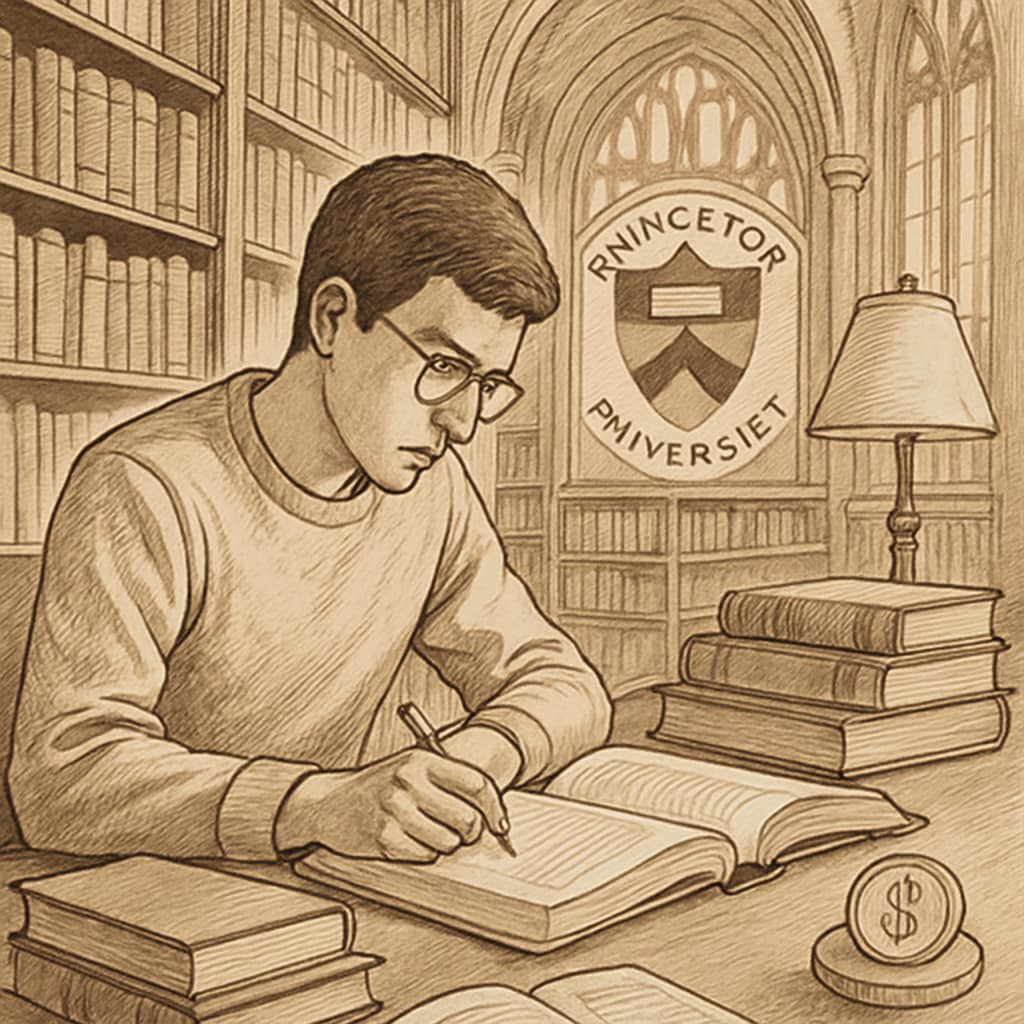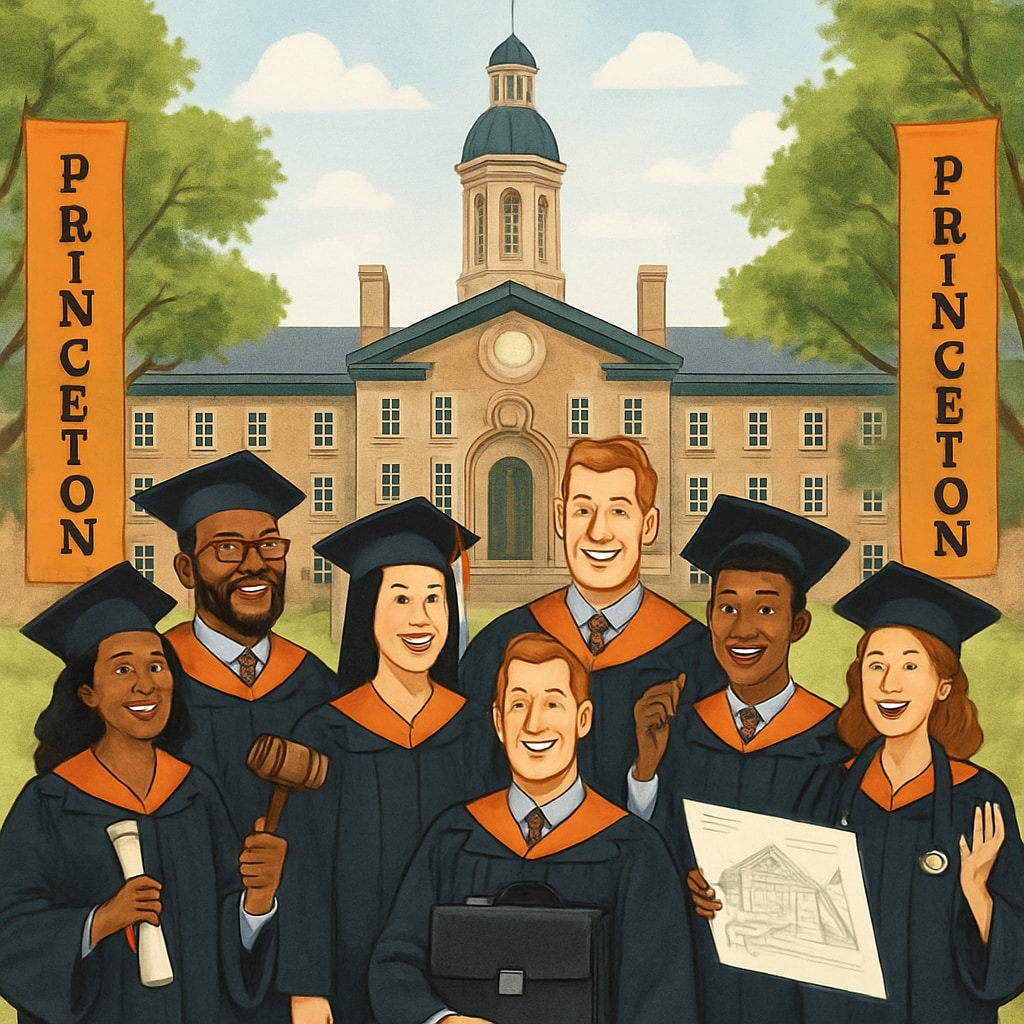The reputation of Ivy League schools, particularly Princeton, has long been associated with prestige, academic excellence, and unparalleled career opportunities. However, the question arises: is this reputation overrated? While these institutions undeniably offer unique advantages, their high costs, mixed teaching quality, and varying employment outcomes prompt a reassessment of their true value. This article delves into these factors to provide a balanced perspective on the Ivy League’s reputation.
The Cost of Prestige: Are Ivy League Schools Worth It?
Ivy League universities, including Princeton, are known for their astronomical tuition fees. For the 2023-2024 academic year, Princeton’s tuition alone exceeded $57,000, not including room, board, and additional expenses. The total annual cost can easily surpass $80,000. These figures lead many to question whether the return on investment justifies the expense.
While Ivy League graduates often earn higher-than-average salaries, the financial burden of student loans can offset these benefits for years. For example, a report from the Forbes highlights that the average student loan debt for Ivy League graduates ranges between $20,000 to $200,000. As a result, the cost-benefit equation becomes less clear for many students and families.

Quality of Education: Does Prestige Equal Excellence?
Another critical dimension to consider is the actual quality of education offered by Ivy League schools. While these institutions boast world-renowned faculty and cutting-edge research facilities, the undergraduate experience may not always meet the expectations set by their lofty reputations.
For example, introductory courses at many Ivy League schools are often taught by teaching assistants rather than full professors. Additionally, class sizes in popular programs can be surprisingly large, limiting personalized attention. As noted in a Britannica article, elite institutions sometimes prioritize graduate research over undergraduate teaching, raising questions about the focus on student learning.
Moreover, the competitive academic environment can contribute to high levels of stress among students. While this rigor prepares graduates for demanding careers, it may not suit all learning styles or personal preferences, further challenging the idea that Ivy League schools are the ultimate educational experience.
Career Outcomes: Do Ivy League Graduates Always Succeed?
The belief that an Ivy League diploma guarantees career success is another aspect worth scrutinizing. While data shows that graduates from Princeton and other Ivy League schools often secure lucrative positions in finance, consulting, and tech, this is not universally true across all fields.
For instance, students pursuing careers in education, public service, or the arts may not see the same financial rewards despite their Ivy League degrees. Additionally, the intense focus on networking within Ivy League circles can sometimes overshadow the importance of skill development and adaptability in the workplace.

Reevaluating the Influence of Ivy League Schools on K-12 Education
The prestige associated with Ivy League schools has also shaped the K-12 education ecosystem. Many high school students and their families focus heavily on securing admission to these elite institutions, often at the expense of a well-rounded education. This has led to an overemphasis on standardized test scores, extracurricular achievements, and high-pressure environments in secondary schools.
As a result, students who might thrive in other educational settings are funneled into a narrow pathway aimed at Ivy League admission. This raises broader questions about the impact of elitist educational ideals on the overall education system and whether society should shift its focus toward a more diverse range of higher education options.
Conclusion: The Need for a Balanced Perspective
While Princeton and other Ivy League schools undoubtedly offer valuable opportunities, their reputation as the pinnacle of education may be overstated. Factors such as cost, educational quality, and varying career outcomes suggest the need for a more nuanced view of elite education. By embracing a broader range of institutions and rethinking societal expectations, students and families can make more informed decisions that align with their goals and values.
In the end, the Ivy League aura may be more about perception than reality. As the conversation around higher education evolves, it is crucial to focus on individual fit and long-term outcomes rather than the allure of prestige alone.
Readability guidance: This article uses concise paragraphs, clear transitions, and accessible language to ensure readability. Lists and examples are integrated to enhance understanding, while the use of authoritative sources adds credibility to the discussion.


